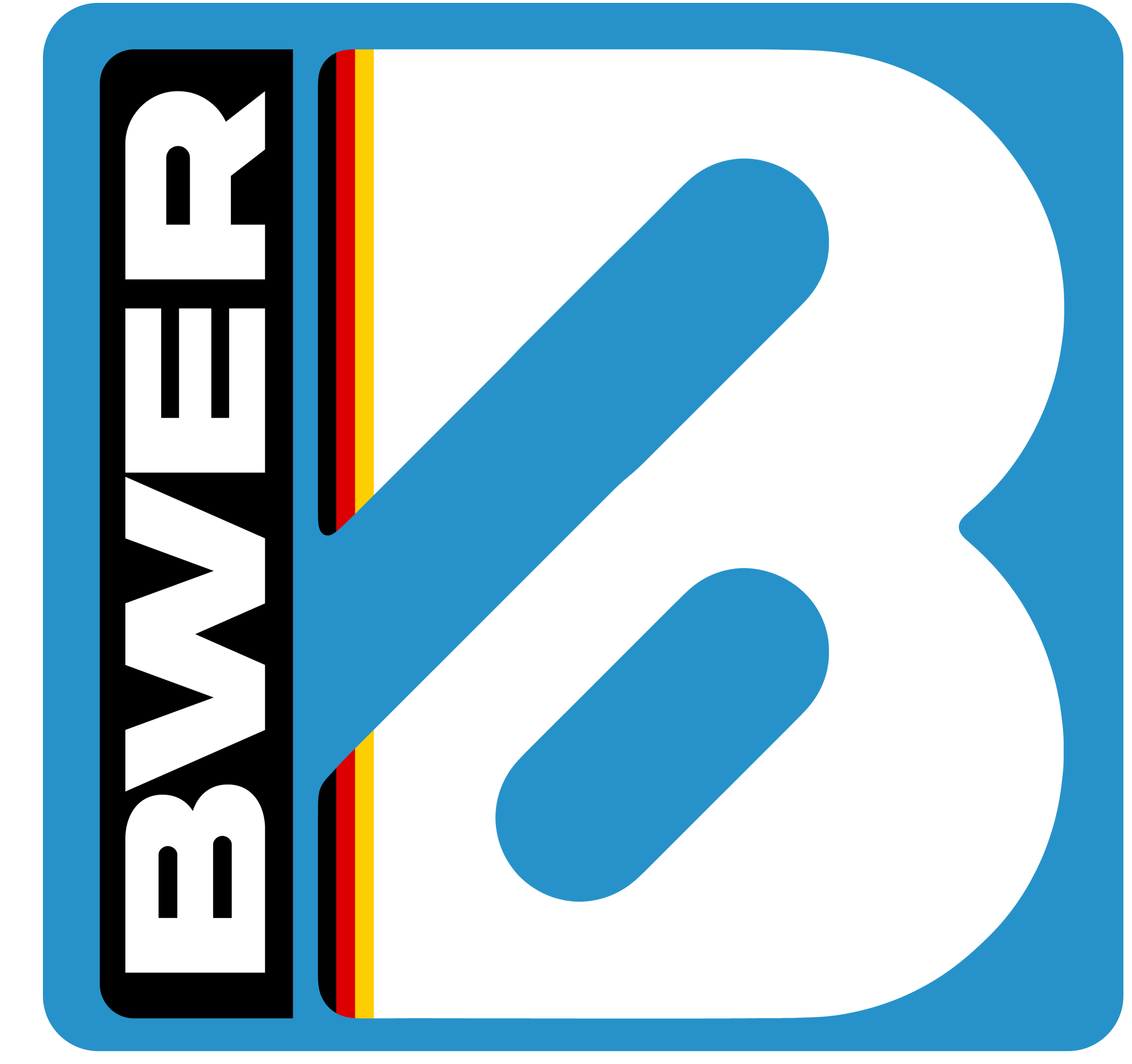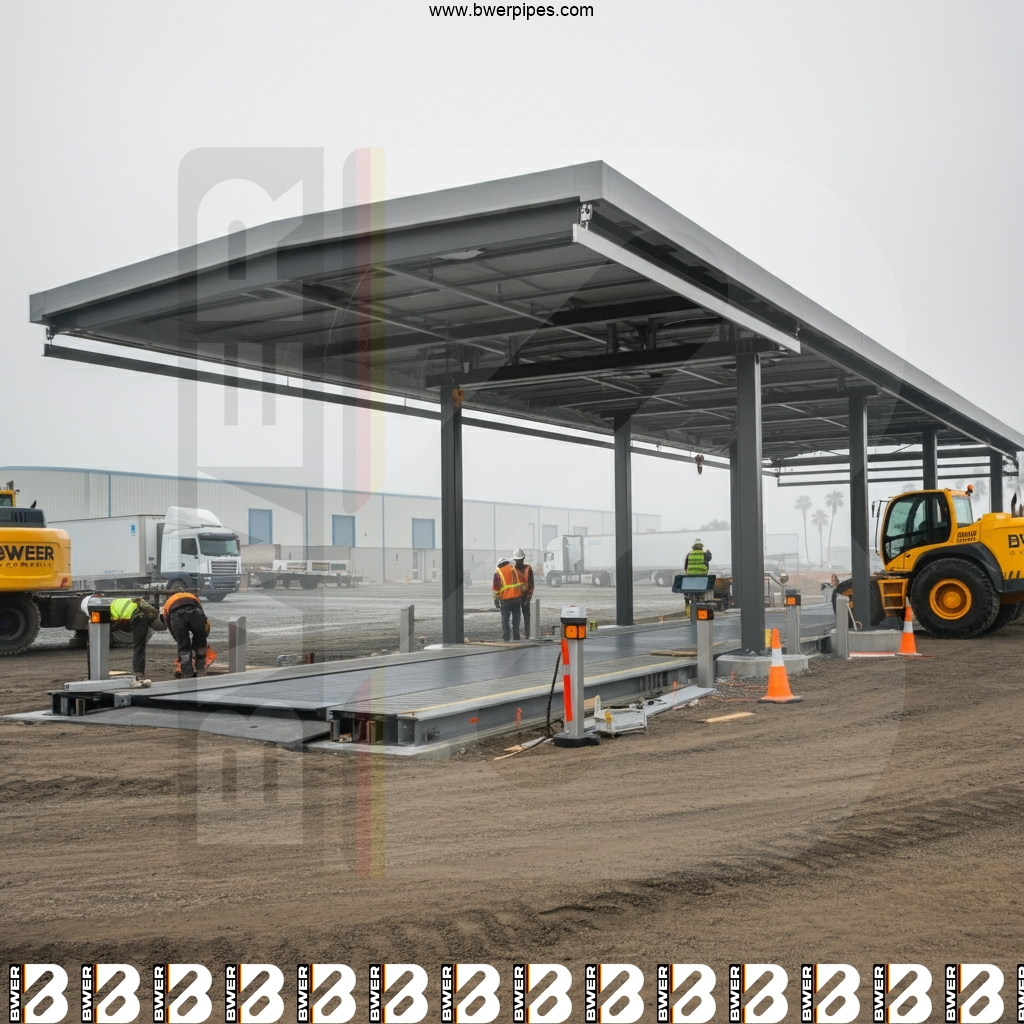Calibrated Weighbridges play a pivotal role in various industries across Iraq, offering unparalleled accuracy and efficiency in measuring large and heavy loads. This precise equipment is crucial for sectors such as construction, logistics, and agriculture, where accurate weight measurement ensures the seamless operation and compliance with regulatory standards. In this article, we explore the importance of calibrated Weighbridges, examining their functionality, benefits, and the key players like bwer Company who excel in this domain in Iraq.
Understanding Calibrated Weighbridges
Calibrated Weighbridges are essential tools in weighing large quantities of goods efficiently and accurately. These specialized systems are designed to accommodate heavy vehicles, such as trucks and trailers, ensuring that the total load weight is measured with precision. Calibration refers to the process of adjusting the machinery to ensure accurate readings, a crucial step that prevents errors in measurement that could lead to financial discrepancies or safety hazards. Thus, having a well-calibrated Weighbridge is indispensable in maintaining industry standards and ensuring safe transportation practices across Iraq.
The application of calibrated Weighbridges extends to various industries where weight measurement is a critical task. From ensuring that trucks are not overloaded to maintaining fair trade practices by verifying the weight of goods sold or received, these systems form the backbone of many operational processes. Calibrated Weighbridges contribute significantly to enhancing efficiency by ensuring rapid and accurate weighing operations, minimizing delays, and eliminating guesswork or human error.
Types of Weighbridges Used in Iraq
In Iraq, several types of Weighbridges are in use, each catering to specific needs and environments. The most common variant is the pit-mounted Weighbridge, which provides easy accessibility and is particularly favored in areas with space constraints. Another popular type is the surface-mounted Weighbridge, which is easier to install and relocate, making it a flexible option for temporary weigh stations or construction sites.
The choice of Weighbridge type often depends on factors such as site conditions, frequency of use, and specific requirements of the operation. By selecting the most suitable Weighbridge type and ensuring it is properly calibrated, operators can achieve optimal results, enhancing operational effectiveness and ensuring compliance with regional regulations.
The Calibration Process
Calibration of Weighbridges is a vital process that ensures accuracy and reliability in weight measurements. This detailed procedure involves adjusting the Weighbridge system to accurately reflect true weight readings and typically requires specialized equipment and skilled technicians. Regular calibration is necessary because factors such as environmental conditions, wear and tear, and mechanical changes can affect the accuracy over time.
The procedure generally involves several steps, including initial testing with known weights, adjusting the system based on results, and final verification to ensure compliance with established standards. A properly calibrated Weighbridge not only guarantees precision but also enhances safety by ensuring that transportation regulations are strictly followed, thus preventing overloading and potential hazards.
The Importance of Regular Maintenance
While calibration is essential, regular maintenance of Weighbridges is equally important to sustain their accuracy and longevity. Routine checks and cleaning, inspections for wear and tear, and timely replacement of faulty components ensure the system functions smoothly and reliably. Ignoring maintenance can lead to degradation in performance, resulting in inaccurate weight measurements and potential operational disruptions.
In Iraq’s challenging industrial environment, maintaining a schedule of regular maintenance and calibration is crucial. Companies that proactively manage their Weighbridge systems often experience fewer breakdowns, leading to uninterrupted operations and substantial long-term cost savings. Partnering with experienced service providers may further streamline maintenance efforts and provide peace of mind.
Calibrated Weighbridges and Technological Advancements
The realm of calibrated Weighbridges is evolving rapidly, driven by technological advancements that enhance precision and functionality. Modern Weighbridges are equipped with digital systems that offer real-time data tracking, integration with management software, and automated reporting features. These advancements simplify operations and increase transparency, allowing operators to make data-driven decisions and improve overall efficiency.
Moreover, the integration of IoT (Internet of Things) technology and advanced sensors is transforming Weighbridge systems into smart devices, capable of alerting operators to potential issues before they become critical. Embracing these innovations can significantly enhance the operational capabilities of businesses in Iraq, driving progress in industries heavily reliant on weight measurement.
bwer Company: Your Trusted Partner in Weighbridge Solutions
As a leader in providing reliable and high-quality calibrated Weighbridges in Iraq, bwer Company stands out for its commitment to excellence and customer satisfaction. Offering a comprehensive range of weighing solutions, bwer Company ensures that each system is tailored to meet the unique needs of its clients. Their team of experts specializes in the installation, calibration, and maintenance of Weighbridges, backed by years of experience and technical expertise.
bwer Company’s dedication to quality and innovation ensures that they remain a trusted partner for businesses across Iraq. For more information about their services and to explore their offerings, visit the bwer company website or contact them via email at info@bwerpipes.com.
FAQs:
What is a calibrated Weighbridge?
A calibrated Weighbridge is a precise weighing system used to measure the weight of heavy vehicles and their cargo, adjusted for accuracy through a calibration process.
Why is calibration important for Weighbridges?
Calibration ensures that Weighbridges provide accurate weight measurements, preventing errors that could lead to financial discrepancies and safety violations.
How often should Weighbridges be calibrated?
It is recommended to calibrate Weighbridges regularly, based on usage frequency and environmental conditions, to maintain accuracy and reliability.
What types of Weighbridges are commonly used in Iraq?
In Iraq, pit-mounted and surface-mounted Weighbridges are commonly used, each serving different operational needs and site conditions.
What factors affect Weighbridge accuracy?
Environmental conditions, mechanical wear, and improper maintenance can impact Weighbridge accuracy, necessitating regular calibration and care.
How does technology enhance Weighbridge systems?
Advancements like digital systems and IoT integration provide real-time tracking, better data management, and predictive maintenance capabilities.
What industries benefit from calibrated Weighbridges?
Industries such as logistics, construction, and agriculture benefit from the precision and efficiency offered by calibrated Weighbridges.
How can bwer Company help with Weighbridge needs?
bwer Company provides expert solutions in Weighbridge installation, calibration, and maintenance, ensuring tailored services to meet specific industrial needs in Iraq.


